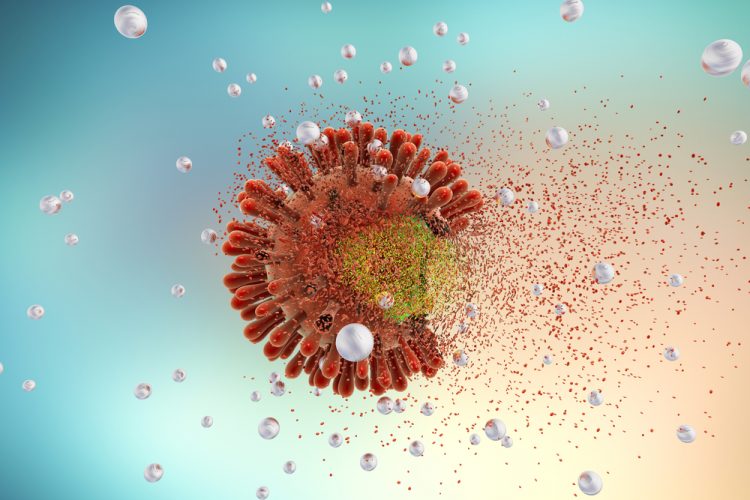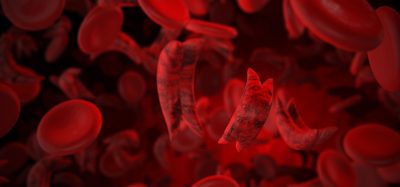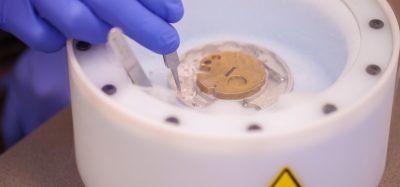Potent nanoparticle may help improve vaccines for HIV and other diseases
Posted: 7 December 2021 | Anna Begley (Drug Target Review) | No comments yet
The new nanoparticle adjuvant improved antibody production following vaccination against HIV, diphtheria and influenza in mouse models.


Researchers from the Massachusetts Institute of Technology (MIT) and the La Jolla Institute for Immunology, both US, in collaboration with other institutions have designed a new nanoparticle adjuvant that may be more potent than others currently in use. Importantly, studies in mice showed that it significantly improved antibody production following vaccination against HIV, diphtheria, and influenza.
Although the idea of using adjuvants to boost vaccine effectiveness has been around for decades, there are only a handful of US Food and Drug Administration (FDA)-approved vaccine adjuvants, the team explained. However, the FDA previously approved an adjuvant based on saponin.
NEWS: New molecule could complement antibiotics to treat pneumonia
Prior studies have shown that saponins promote inflammatory immune responses and stimulate antibody production, but how they do that is unclear. In the new study, published in Science Immunology, the team investigated how the adjuvant exerts its effects, and to see if they could make it more potent.
The researchers designed a new type of adjuvant that is similar to the ISCOM adjuvant but also incorporates a molecule called MPLA, a toll-like receptor (TLA) antagonist. When these molecules bind to toll-like receptors on immune cells, they promote inflammation. They named their new adjuvant SMNP (saponin/MPLA nanoparticles).
We started looking at this particular formulation and found that it was incredibly potent, better than almost anything else we had tried”
The team then tested the adjuvant by injecting it into mice along with a few different antigens, including two HIV antigens as well as diphtheria and influenza antigens. They compared the adjuvant to several other approved adjuvants and found that the new saponin-based nanoparticle elicited a stronger antibody response than any of the others. “We started looking at this particular formulation and found that it was incredibly potent, better than almost anything else we had tried,” stated one of the paper’s authors, Professor Darrell Irvine.
Moreover, one of the HIV antigens that they used is an HIV envelope protein nanoparticle, which presents many copies of the gp120 antigen that is present on the HIV viral surface. The researchers hope to develop a way to manufacture the new adjuvant at large scale so it can be tested along with an HIV envelope trimer in another clinical trial beginning next year. Clinical trials that combine envelope trimers with the traditional vaccine adjuvant aluminium hydroxide are also underway.
NEWS: Positive pre-clinical results for CRISPR-based HIV therapy
Further studies also revealed that the adjuvant helps boost immune responses is by activating inflammatory cytokines that drive a stronger response. The TLR agonist that the researchers included in the adjuvant is believed to amplify that cytokine response, however the exact mechanism for that is not yet known. The team added that the new adjuvant also appears to help stimulate T cell activity which could make it useful as a component of cancer vaccines.
Related topics
Antibodies, Immunology, In Vivo, Nanoparticles, Oncology, Small Molecules, Vaccine
Related conditions
Diphtheria, HIV, Influenza
Related organisations
La Jolla Institute (LJI) for Immunology, Massachusetts Institute of Technology (MIT)
Related people
Darrell Irvine








